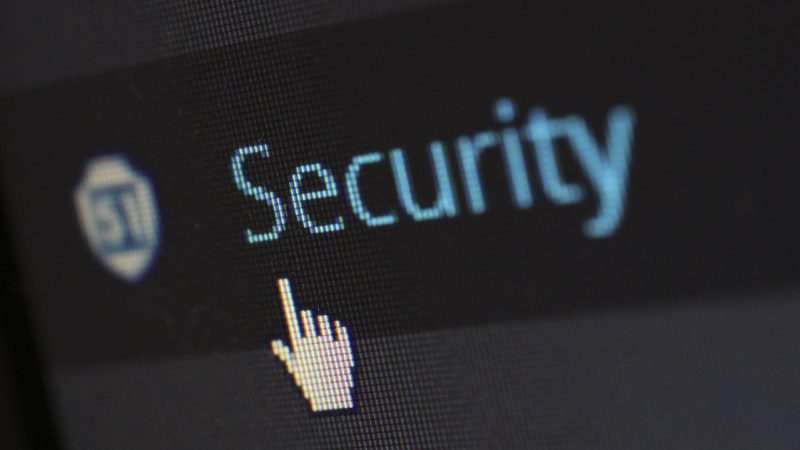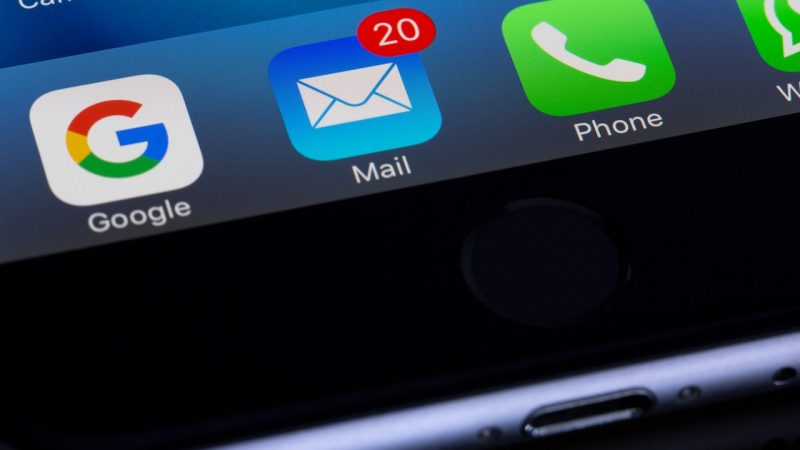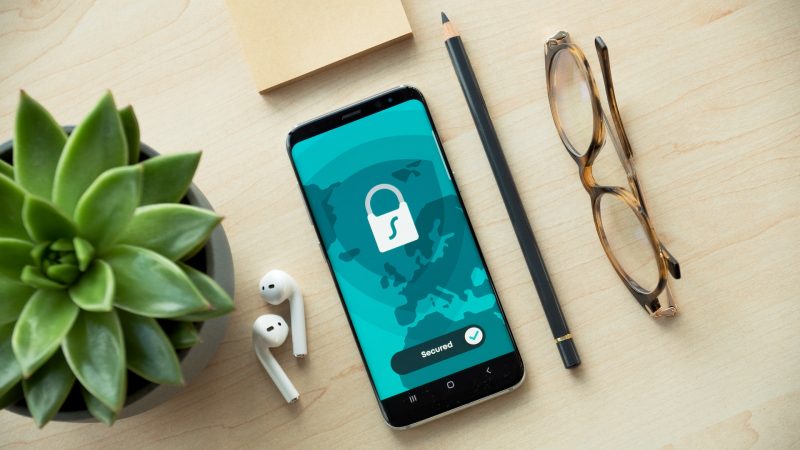Online Privacy 101: Tips and Tricks for Protecting Your Personal Information
In today’s digital age, protecting your personal information online has become more important than ever. From social media to e-commerce, we share a vast amount of personal data with various websites and platforms on a daily basis. While the convenience of being able to access and share information quickly and easily is undeniable, it also exposes us to a range of potential risks.

In this article, we’ll take a deep dive into the world of online privacy and explore some of the key ways you can protect your personal information when using the internet. We’ll cover everything from simple tips and tricks to more advanced privacy-enhancing tools and techniques.
First and foremost, it’s important to understand the types of personal information that are at risk when you’re online. This can include your name, address, phone number, email address, financial information, and even your browsing history. All of this information can be valuable to hackers, scammers, and other cyber criminals who may use it for nefarious purposes such as identity theft, phishing attacks, and other types of fraud.
So, how can you protect yourself and your personal information online? Here are some key tips and tricks to keep in mind:
Use strong and unique passwords for all of your accounts
A strong password is one that is at least 8 characters long and includes a combination of upper and lower case letters, numbers, and special characters. Avoid using personal information such as your name or birthday in your passwords, as these can be easily guessed or discovered through social engineering techniques. Instead, consider using a password manager to generate and store strong, unique passwords for all of your accounts.
Enable two-factor authentication (2FA) whenever possible
Two-factor authentication adds an extra layer of security to your accounts by requiring you to enter a code sent to your phone or email in addition to your password when logging in. This makes it much harder for hackers to gain access to your accounts, even if they manage to obtain your password.
Be cautious when clicking on links or downloading attachments
Phishing attacks are a common way for hackers to obtain personal information. These attacks involve sending fake emails or messages that appear to be from legitimate sources, but are actually designed to trick you into entering your personal information or downloading malware. Always be wary of unexpected emails or messages, and never click on links or download attachments from unknown sources.
Use a virtual private network when using public Wi-Fi
Public Wi-Fi networks can be vulnerable to cyber attacks, as they often lack the same level of security as private networks. A VPN encrypts your internet connection, making it much harder for hackers to intercept and steal your personal information.
Use privacy-enhancing tools and techniques
There are a range of tools and techniques you can use to enhance your online privacy. For example, you can use a browser extension like HTTPS Everywhere to encrypt your internet connection and protect your personal information when browsing the web. You can also use a privacy-focused search engine like DuckDuckGo, which doesn’t track your search history or personal information.
Be mindful of the personal information you share online
Be selective about the personal information you share online, and consider the potential risks and consequences before posting anything. For example, consider whether you really need to share your full name or address on social media or e-commerce websites.
Keep your software and devices up to date
Keeping your software and devices up to date is important for protecting your personal information online. Make sure to regularly update your operating system, antivirus software, and any other programs you use.
Use a firewall and antivirus software
A firewall is a security system that monitors and controls incoming and outgoing network traffic based on predetermined security rules. It can help protect your personal information by blocking unauthorized access to your device. Antivirus software, on the other hand, helps protect your device against malware, which is software designed to damage or disrupt computer systems. Using both a firewall and antivirus software can help safeguard your personal information and prevent data breaches.
Be careful when using social media
Social media platforms can be a great way to stay connected with friends and family, but they also present risks to your personal information. Be mindful of the personal information you share on social media, and consider adjusting your privacy settings to limit the amount of information that is publicly visible. You can also use tools like Social Privacy to help manage your privacy on social media platforms.
Consider using a privacy-focused browser
There are several browsers available that prioritize privacy and security, such as Brave and Firefox Focus. These browsers are designed to block tracking cookies and other types of online tracking, and often include additional privacy-enhancing features such as built-in VPNs and ad blockers.
Protecting your personal information online is crucial in today’s digital age. By following the tips and tricks outlined above, you can take steps to safeguard your personal information and reduce your risk of falling victim to cyber attacks and data breaches. Remember, the more you know about online privacy, the better equipped you’ll be to navigate the digital world safely and securely.




